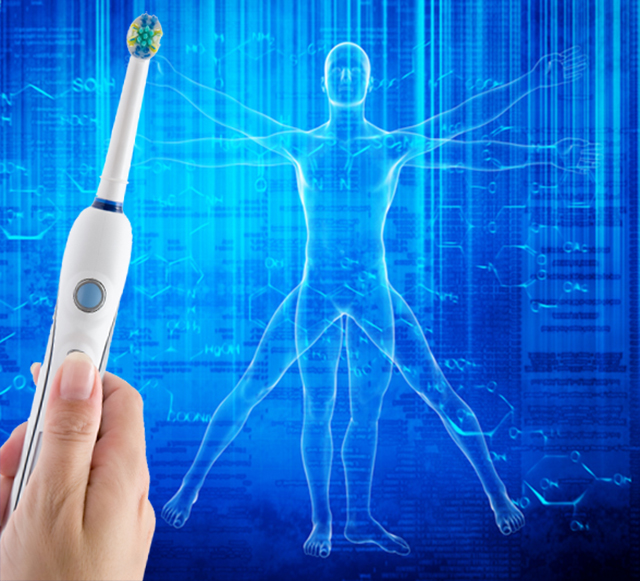*Sponsored content*
The mouth is so far away, dental health can’t possibly be connected to the rest of the body’s well-being.
Or can it?
According to Lake Highlands dentist Dr. Ashly Cothern, poor dental hygiene can be linked to serious medical issues such as dementia, stroke, heart attack and pulmonary embolism (blood clot in the lungs).
Why is that?
“Until recently, the general public thought the mouth was its own island in the body, but clearly it’s part of the body’s entire ‘tube,’ ” says Dr. Cothern. “Body health starts with oral health: Bacteria living in the mouth can go to the brain, heart, blood stream and other organs to cause serious damage.”
Dr. Ashly Cothern says plaque in the mouth is the same plaque that can get into the blood stream and cause hardening of the arteries. Research shows that Alzheimer’s and dementia patients can exhibit the same inflammatory properties found in gum disease. Gingivitis and periodontitis can contribute to Alzheimer’s and dementia, too.
Improper dental care also can create complications for diabetic patients, who are more susceptible to gum disease and an overall slower healing process.
 Distracted teeth brushing can be a culprit, too: Dr. Cothern says we need to stay focused when brushing, instead of thinking about what groceries we need and other daily tasks ahead.
Distracted teeth brushing can be a culprit, too: Dr. Cothern says we need to stay focused when brushing, instead of thinking about what groceries we need and other daily tasks ahead.
Dr. Cothern offers a two-hour new-patient appointment to help clients identify their Dental IQ and return to dental basics, such as how and why to floss.

“Flossing can add five years to your life,” Dr. Cothern says, “removing acid, reducing inflammation and bacteria. Inflammatory properties in the mouth increase chances of having them elsewhere in the body.”
Dr. Cothern recommends an Oral B Genius rechargeable toothbrush, which comes with a smartphone app that can send a report to your dentist. It reminds users to floss, use fluoride and offers other helpful hints.
The connection between oral health and serious medical conditions isn’t fully understood, Dr. Cothern says, but it remains on the radar of professionals in the dental, medical and Alzheimer’s communities.
While research in this area continues, one thing is clear, she says: Overall health depends on oral health, and dental check-ups should be scheduled regularly.
Dr. Cothern is accepting new patients at her office, 9669 N. Central Expressway, Suite 220. 214-696-9966, drcothern.com.

Dr. Ashly Cothern
SaveSave
SaveSave







